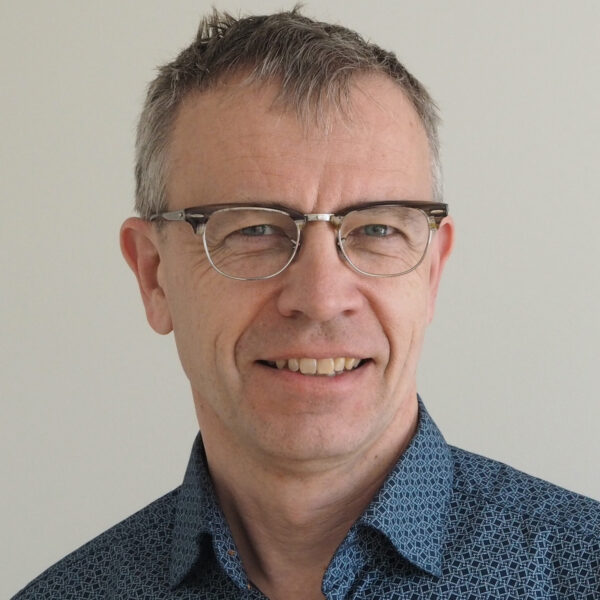
Meet Per Runeson, a WASP affiliated Professor at Lund University. who is interested in engineering of software-intensive autonomous systems. Professor Runeson joined WASP in 2016.
PhD student supervisor for one academic student, one industrial student and one affiliated student. Member of WASP Diversity and Inclusion Group (DIG), a group that works with diversity, inclusion, and gender equality within the program.
It is a unique opportunity for funding of research of my interest. At the time of WASP’s initiation, I was Head of Department for Computer Science at Lund University, so I was also involved in that function.
Generous funding of industry relevant research on the excellence forefront, and contact network across industry and academia.
My interest is on engineering of software-intensive autonomous systems. Particularly I focus on two complementary aspects:
1. continuous testing, experimentation, and monitoring of software systems with various degree of autonomy. See for example:
2. open data ecosystems as a means to provide data for training of ML. See for example:
It provides engineering and governance knowledge to companies and public actors on how to develop and maintain software systems, which in turn underpin most societal activities.